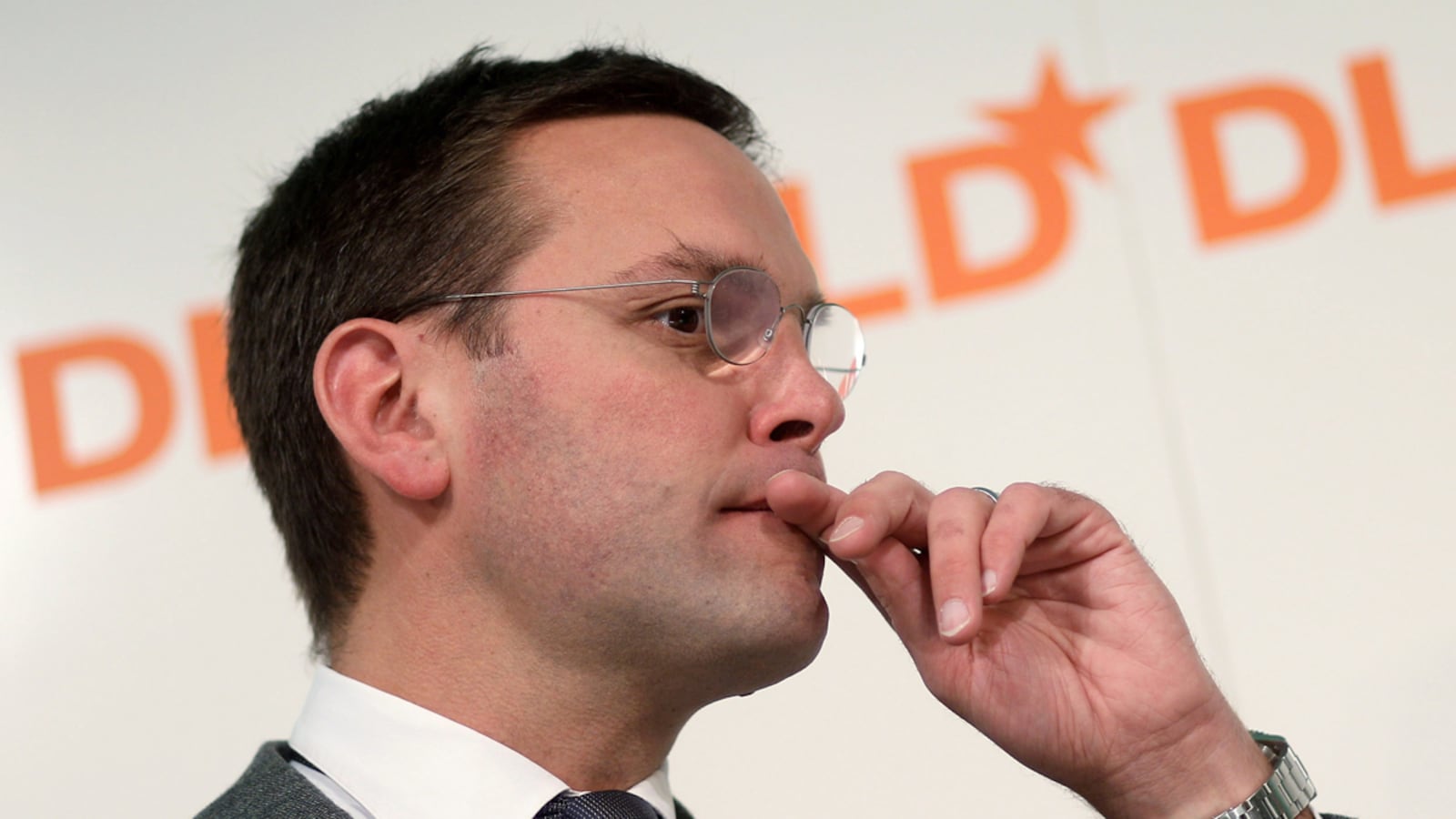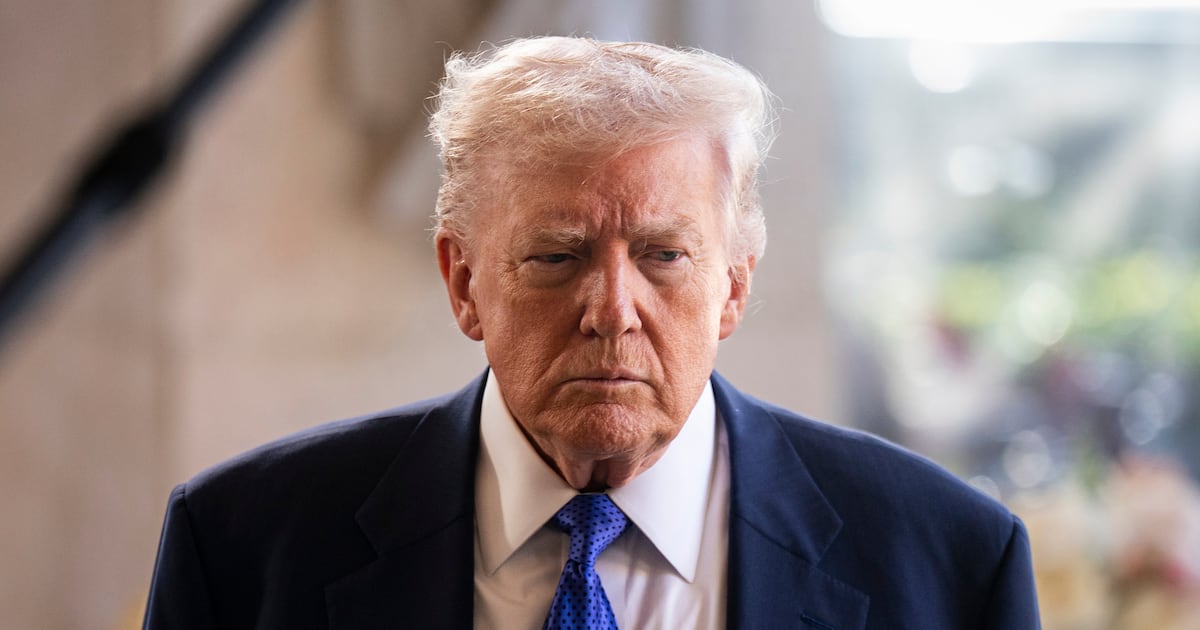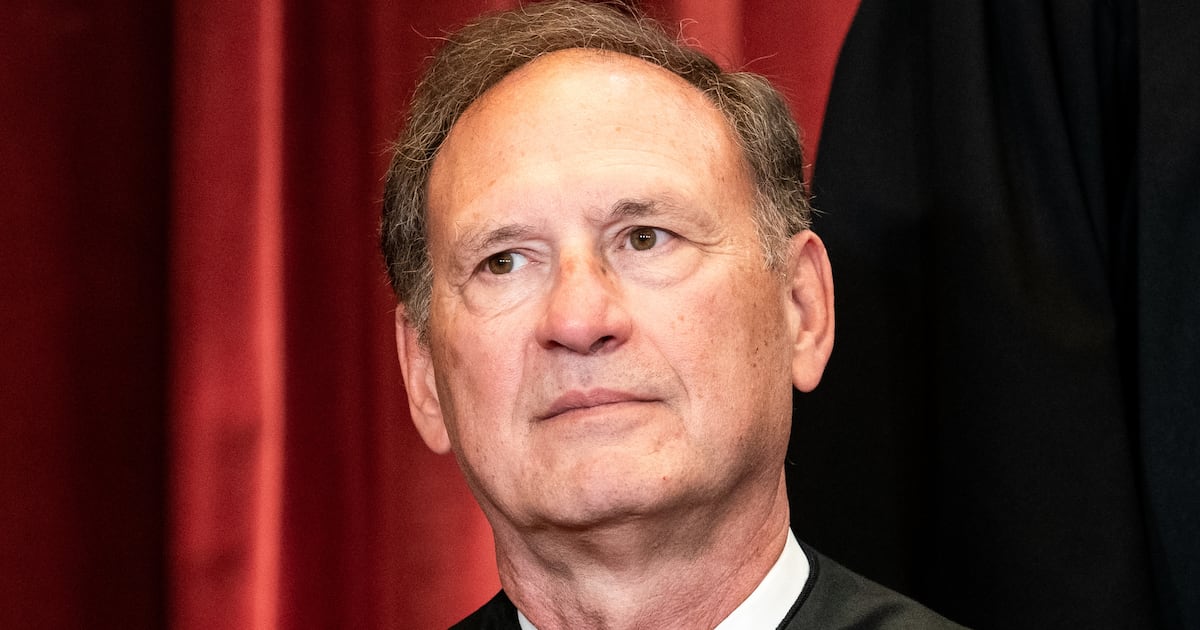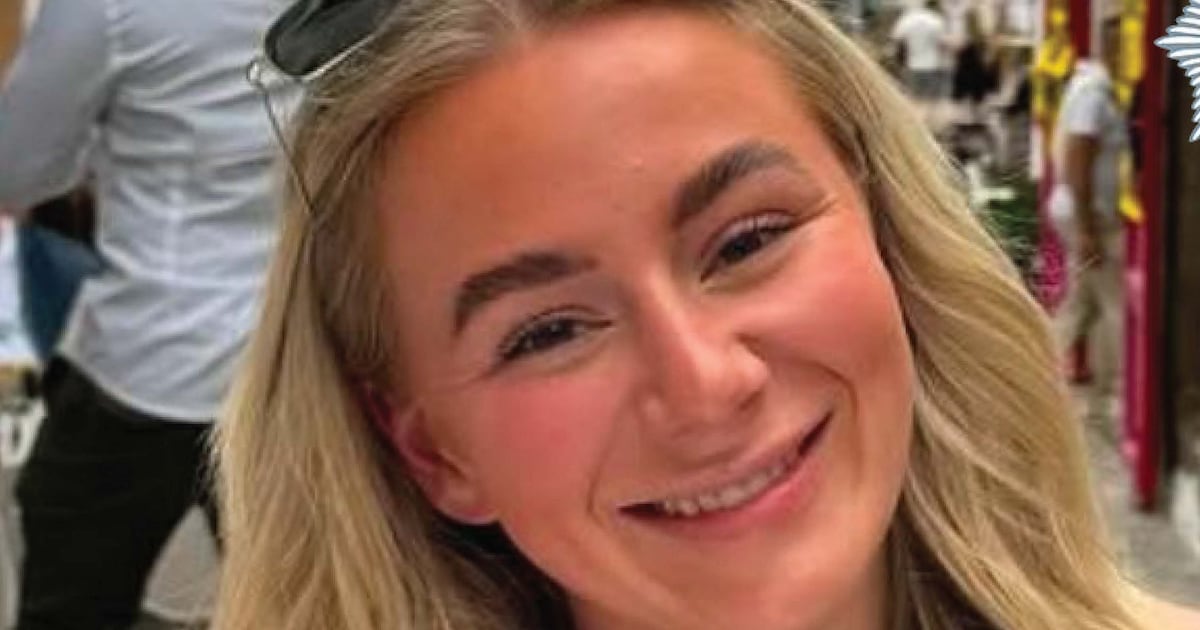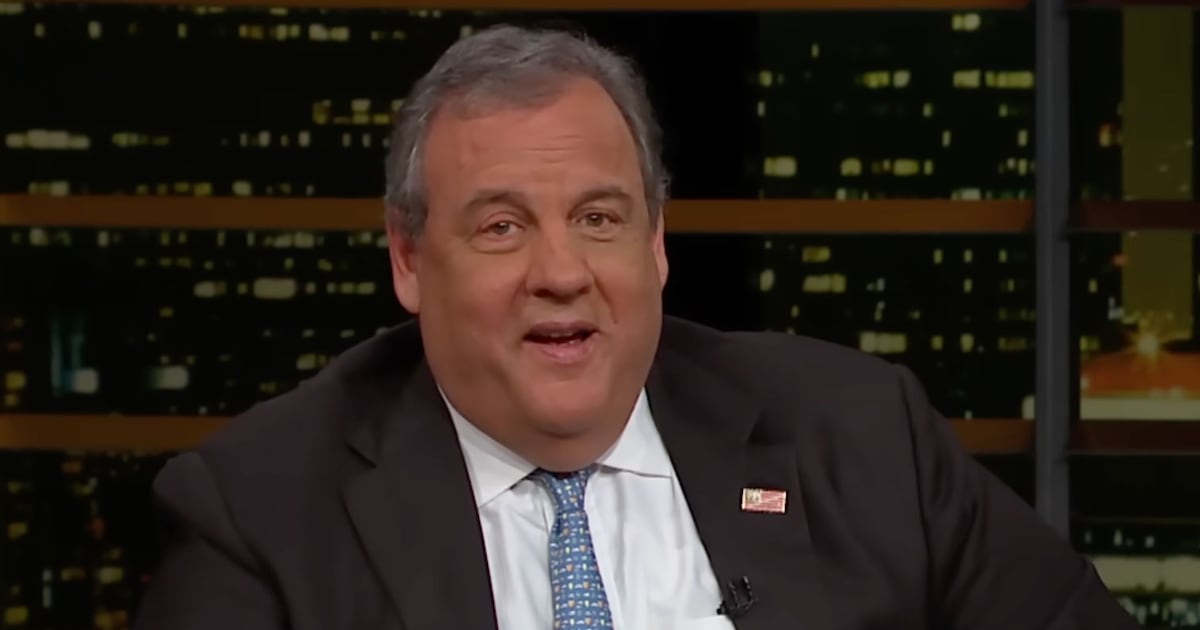As the latest phase of the News Corp. ethics scandal burns into its fourth week, attention has shifted to what one member of Parliament has called “the most significant moment of two years of investigation”: a rift between James Murdoch and two former top executives over what he knew when approving a payment to an early victim of phone hacking.
At issue is whether Murdoch, who is deputy COO of News Corp. and heads the company's European operations, knew of a crucial email that indicated hacking was widespread at the tabloid he oversaw, and not the work of a lone rogue. With Murdoch’s reputation on the line, his predicament also casts a spotlight on the News Corp. board of directors, by drawing focus to the way the company decides on, prices, and approves its out-of-court settlements. It’s not a flattering picture for any of the parties involved—including the shareholders who might want to sue.
Before Parliament, Murdoch was asked how large a legal payment must be before it is brought to the attention of the News Corp. board. “I think that, for the full board, it is in some millions, but I do not know the exact answer there,” said Murdoch.
That may be true for run-of-the-mill disputes, like a lawsuit over a leaky roof, corporate governance experts say. But even a $1.1 million settlement—the size Murdoch approved in 2008—merits the attention of the board of a $33 billion conglomerate if the charge underlying it is serious. A suit that involved the core business ethics of a News Corp. division certainly qualifies, says Jeffrey Sonnenfeld, senior associate dean at the Yale School of Management. “It should’ve been brought before the board even if the resolution was only 50 cents,” Sonnenfeld says. “A far more precious and valuable resource to this board, wherever it was £700,000 or £7 million, is the reputation of the company.”

At the same parliamentary hearing, News Corp. Chairman and CEO Rupert Murdoch touted his board’s “very strong” audit committee. “They are outside directors, and they review all these things,” he told MPs. The current members of the audit committee, however, are of a piece with the rest of Murdoch’s board: even the independent directors aren’t very independent. The chair, Sir Roderick I. Eddington, is a longtime friend of Murdoch, and committee member Andrew S.B. Knight is so close that at one time he was said to be in the running to succeed the tycoon as CEO.
In publicly traded companies, directors have fiduciary obligations to shareholders, who can vote to replace them—or even sue for damages. And News Corp. shareholders have reason to be angry. Since July 5, the day after the scandal exploded, shares of News Corp. have lost nearly 10 percent of their value, and the company had to abandon a lucrative bid for the 61 percent of a satellite broadcaster it did not already own.
But News Corp. is not a typical corporation. It employs a dual-class stock structure that concentrates voting rights and accountability in the hands of a few, namely Rupert Murdoch and a family trust he controls. Murdoch selects and discards his board members, and if Class A shareholders don’t like them, they cannot vote, only sell.
Shareholders have limited options in the courtroom, too. News Corp.’s directors are likely indemnified under Delaware law, says Charles Elson, director of the Center for Corporate Governance at the University of Delaware, and proving their negligence would be “a very, very, very long and difficult road.” Even so, News Corp.’s independent directors last week hired lawyers who specialize in white-collar criminal defense and the Foreign Corrupt Practices Act.
Because of News Corp.’s dysfunctional setup, normal assumptions about what legal settlements and strategies would have been brought before the board would go out the window. “You have to remember that this is a controlled board. That’s why the dual class stock structure has been so problematic,” Elson says. “While the board has legal obligations, from a practical standpoint, it’s unclear how a board like that functions…It changes a bit the calculus of what typically would be disclosed.”
What about the accountability of, say, the board at News International, the News Corp. division that includes Murdoch’s U.K. newspapers? That’s simple. There isn’t one, according to a spokesman. This isn’t rare for a wholly owned subsidiary, but it serves to emphasize that at News Corp., despite an org chart that spans continents, oversight is concentrated at the very top—and even there, it isn’t very thorough.
“Shareholders have only themselves to blame. They bought the thing,” Elson says.

